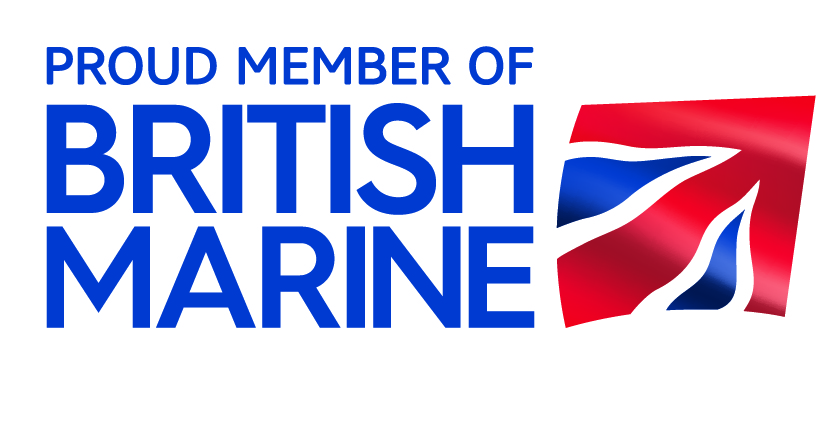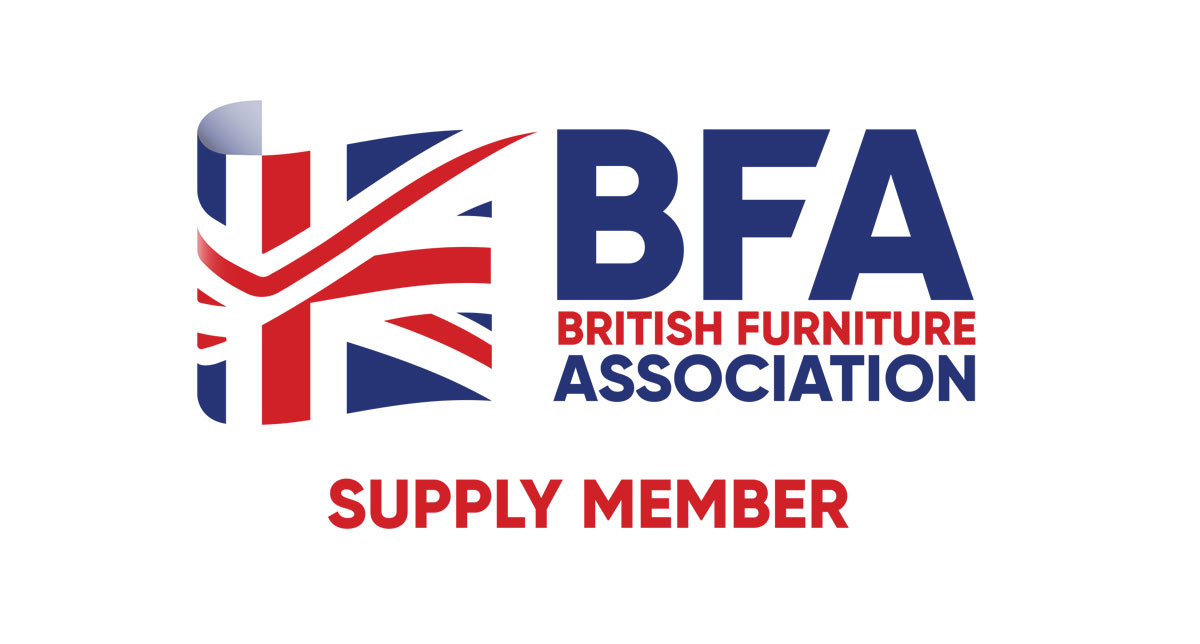They are two crucial elements that define unsuccessful ERP/CRM projects. The first common mistake is wanting to change too much at once and secondly is to allow old habits and practices in the new setting. Sounds familiar, right? If you are responsible for the success of the upcoming migration to a recent version or a completely new implementation, you might want to use the MoSCoW methodology. This tool supports you to limit the scope of your project phases while preventing obsolete practices and processes from integrating into the new system.
Organisations all over the world struggle with end-users who want far more functionality than they can handle. Besides, they tend to overestimate their capabilities regarding available time, focus, skills, persistence, and motivation.
An equally crucial success factor is migrating old processes and habits from the old to the new system only “because we’ve always done it that way”. This aspect is incredibly ineffective where organisations are forced to transform their business to stay relevant.

The MoSCoW methodology is a simple yet effective tool that can help prevent you from stepping into these pitfalls while collecting the requirements for the new solution. MoSCoW is an easy to remember word in which four consonants are central.
The M stands for Must. This concerns the functionality that is key to working with the new version or solution. No compromises possible!
The S stands for Should. Here we talk about necessary functionality, but just a little less important than with Must.
The C stands for Could. This is the category of the so-called ‘nice to have’ functionalities.
Finally, the W stands for Won’t. This is the functionality from your current system that you don’t want to see again in the new system.
The strength of this tool lies in the understanding that success starts with making clear choices, ideally supported by your management. The idea is to invite all departments to divide their wishes over these four categories. It can be helpful to create some limitations per category in numbers or value of wishes to prevent smart colleagues from putting everything in the Must basket. When defining the next project phase, all requirements that do not become part of this phase are given a new chance—again based on MoSCoW of course!
It is essential to focus on the last category, the Won’t. Here it is wise to include your complaints administration and customer satisfaction surveys. After all, this content best indicates where your customers think things should be improved.
Organisations that use the MoSCoW principles have a substantially greater chance of successfully completing their projects. So why wait any longer?
If you want to know more about how the team here at Sci-Net can help you to manage your project successfully have a look at our Implementation Methodology or drop us an email on hello@sci-net.co.uk or call us on 01869 717605








